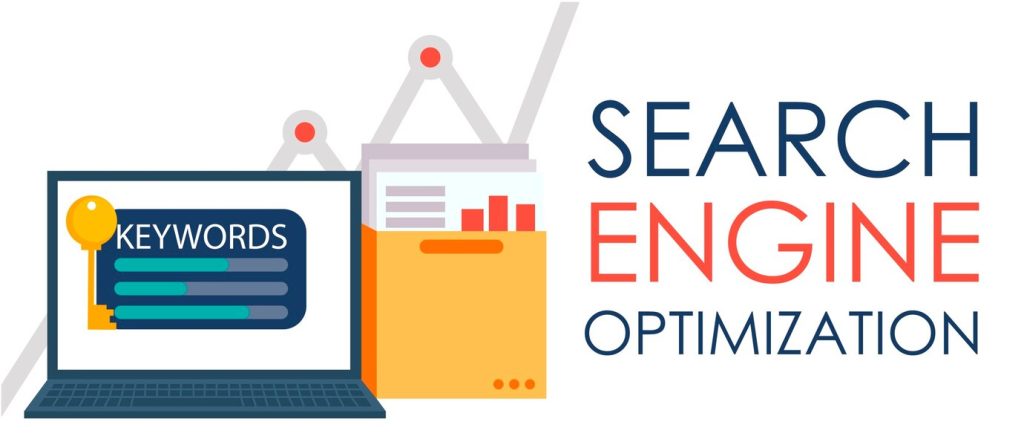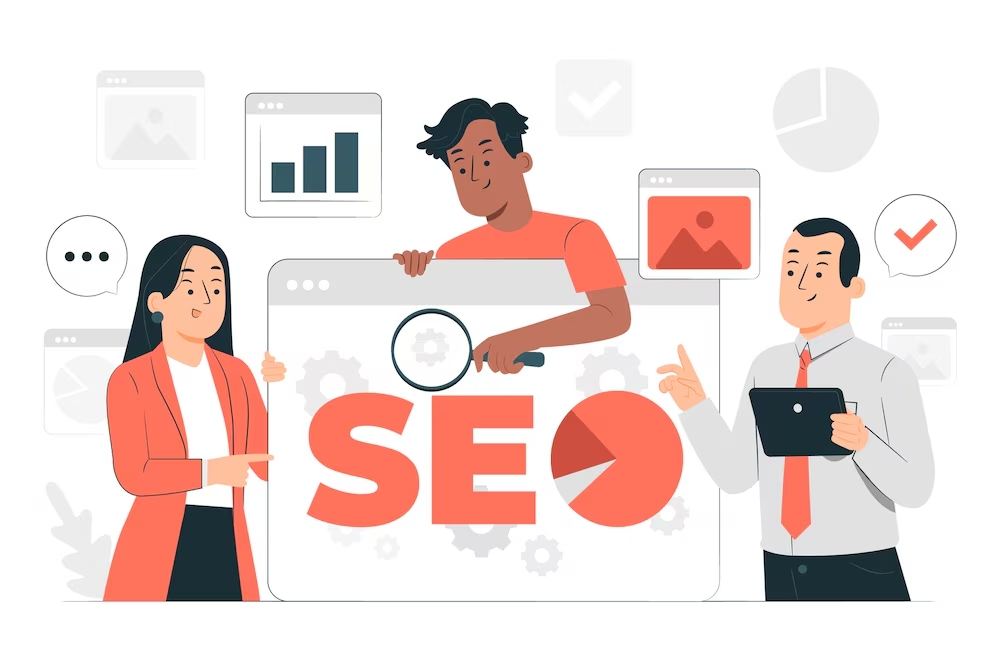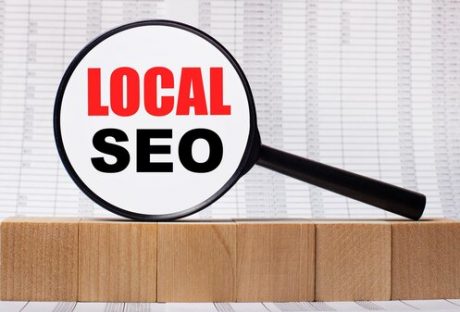Improving your website ranking in the insurance sector is challenging.
As there is intense competition and high keyword difficulty. Thus, SEO and link-building play a vital role in overall digital marketing strategy.
Let’s explore how SEO and link building help you rank higher on search engines and discover all you need to know for better business decisions.
Understanding SEO for Insurance Companies

Search engine optimization for insurance companies requires improving their visibility in search engine results. Ranking for the keywords in the insurance sector is difficult.
Initially, it starts with keyword research to identify phrases. In this, we have to look for the keywords or phrases that potential customers use when searching for insurance services.
In on-page optimization, we have to optimize website content, meta tags, and URLs. Lastly, in off-page optimization, we have to focus on building backlinks from reputable websites. This approach helps us to increase domain authority and improve website rankings.
All you need to know about SEO and link-building

1. Link Building for Insurance Companies
Link building is the process where you acquire links from other websites. It helps to redirect traffic to your website and eventually, it increases your readership. We help you in building effective links for your guest posting.
These guest posts are industry-related blogs and we submit them to relevant directories. Further, we help you create shareable content to attract backlinks naturally.
We make sure that you get quality backlinks from reputable websites. Our best digital marketing consultant helps you drive organic traffic to your insurance company website.
2. Challenges in SEO and Link Building
We understand that SEO and link building are important for your website to show up higher in search engine results like Google.
Here are some of the challenges shared by our best digital marketing consultant:
- There is intense competition as many websites are trying to acquire top spots in the ranking.
- The algorithms on search engines like Google keep changing frequently. Hence, it means what works today might not work tomorrow.
- Only websites with quality content rank higher on Google. Besides, creating high-quality content requires a lot of research, time, and energy.
- Getting backlinks from other websites becomes challenging. As it is tough to convince websites that are already established.
Our experts at Profit by PPC understand the challenges. We perform competitive research, provide quality content, build quality links, and help you get more traffic on your insurance website.
3. Effective Content Strategies:
Content marketing is the backbone of SEO strategy. It is important to remember that you have to have high and valuable content on your website. As it is essential for successful SEO and link-building efforts.
We believe as a business owner you should produce informative articles, blog posts, and guides that help your target audience. Further, you can also share some templates and ebooks. Make sure that your content caters to your insurance audience.
We know how to create engaging and valuable content, which helps your website attract more readers. In addition, we incorporate keywords naturally within the content. It improves visibility without compromising quality.
4. Local SEO for Insurance Agencies:
Let’s say you have a good online presence, and your prospective client wants to meet you personally. You have only mentioned your business on your website but not on local directories. We suggest updating your information, on local directories and adding reviews and testimonials.
With the help of this, you will be able to attract prospective clients who are in your nearby locations.
5. Measuring SEO Success:
Just optimizing your insurance website, updating content, and building quality links is not enough. At Profit by PPC, we understand the importance of measuring SEO success. It is crucial for refining strategies and achieving long-term goals.
The main key performance indicators (KPIs) such as:
- Organic traffic
- Keyword rankings
- Conversion rates
These KPIs offer valuable insights into the effectiveness of SEO campaigns. Many insurance business owners don’t know how to leverage analytical tools such as Google Analytics. Thus, our experts help you to measure and analyze your insurance website performance accurately.
6. Common SEO Mistakes Insurance Companies Make:
Every new business owner in the insurance sector makes SEO mistakes knowingly and unknowingly. It is important to make sure that you avoid making such mistakes as it may hamper your website rankings.
Let’s look into the common SEO mistakes one must avoid:
1. Avoid adding keywords more than required. If your article only requires you to repeat the main keyword three times, then do that much. As overstuffing can create consequences. Your website may fall into the trap of stuffing keywords unnaturally.
2. Avoid creating thin content. It means don’t create generic content that does not have any depth or details. Always try to add more detailed information with examples and numbers. Make sure your content has depth, value, and relevance to users.
3. Do not neglect mobile optimization. A measure of the audience will be operating from mobile and reading your content. Let’s say your website is not mobile-friendly. It will not give a good reading experience. Thus, make sure your website has a good user experience; especially for mobile users.
4. Not adding enough images and infographics. Your content will look dull if it only has text and long paragraphs. Make sure to add relevant images and infographics. Also, optimize those images with SEO keywords. For example, if an image is about “types of insurance policies” then optimize your image with the same keyword.
How can we help your insurance website overcome these challenges?

Our experts at Profit by PPC understand the importance of SEO and link building. We help you to optimize your insurance business on local SEO, technical SEO, and on-page and off-page SEO. In addition, help you to create high-quality content, and along with that, we help you build quality links through guest post services.
Eventually, your insurance business stands out from the crowd and gets more website traffic.
Word of wisdom:
SEO and link building are indispensable for insurance companies looking to thrive in the digital marketplace. At Profit by PPC implement effective strategies, and create quality content.
In addition to this, we help you to adapt to changing trends, insurance companies can enhance their online visibility, attract more customers, and ultimately grow their business.
Narendra Kumar is the Founder and CEO of Profit By PPC. In addition, he runs a successful digital marketing agency. We have a team of experts who will help you stand out from the crowd and build your brand in the insurance sector.
Read Also:





















